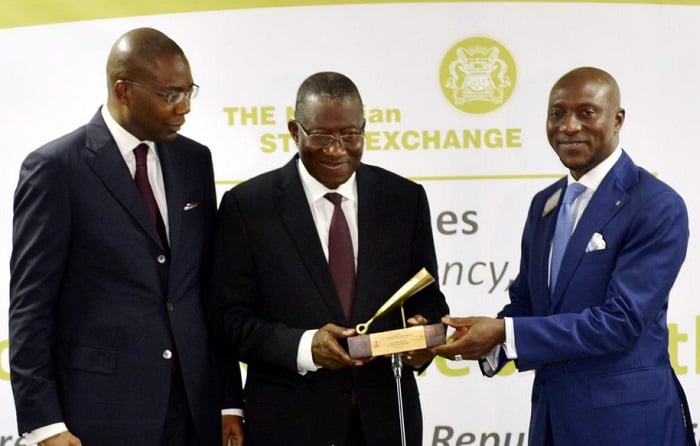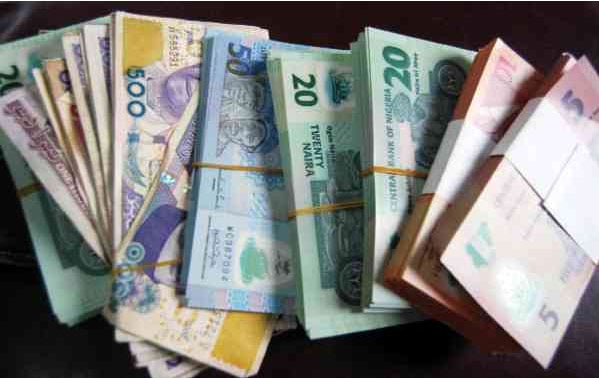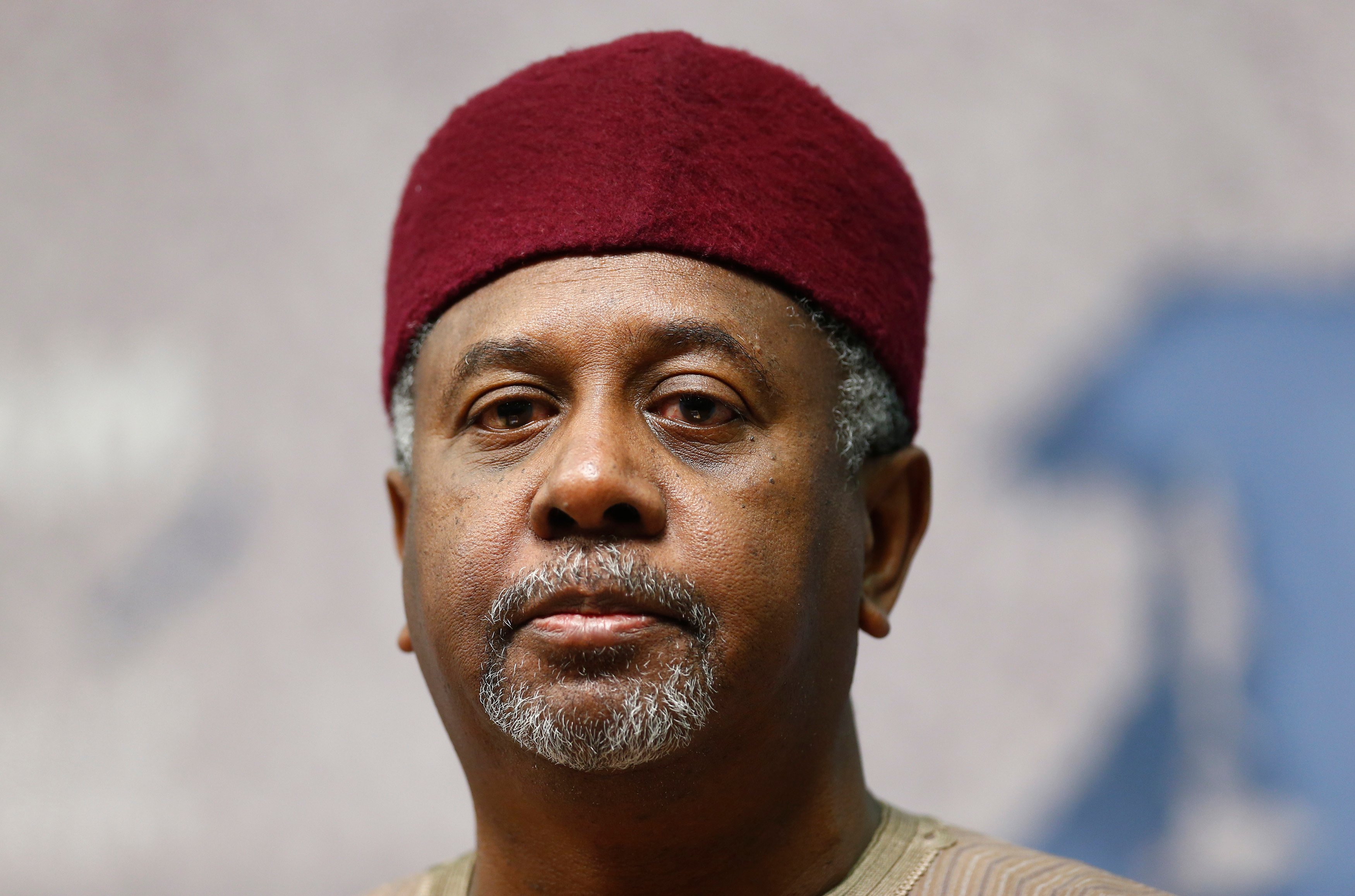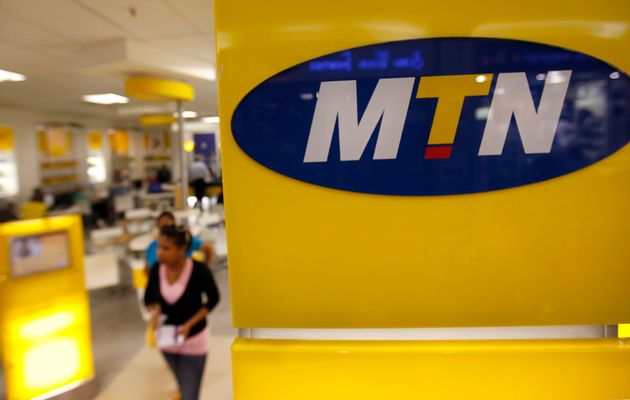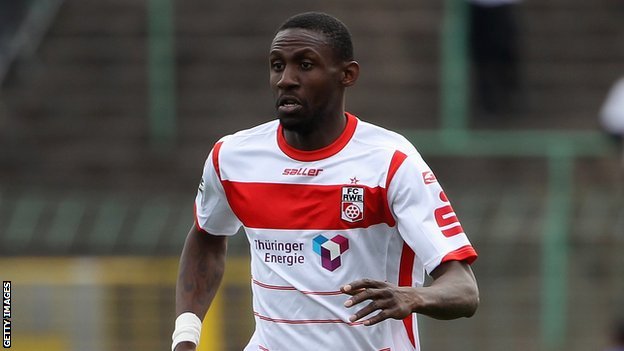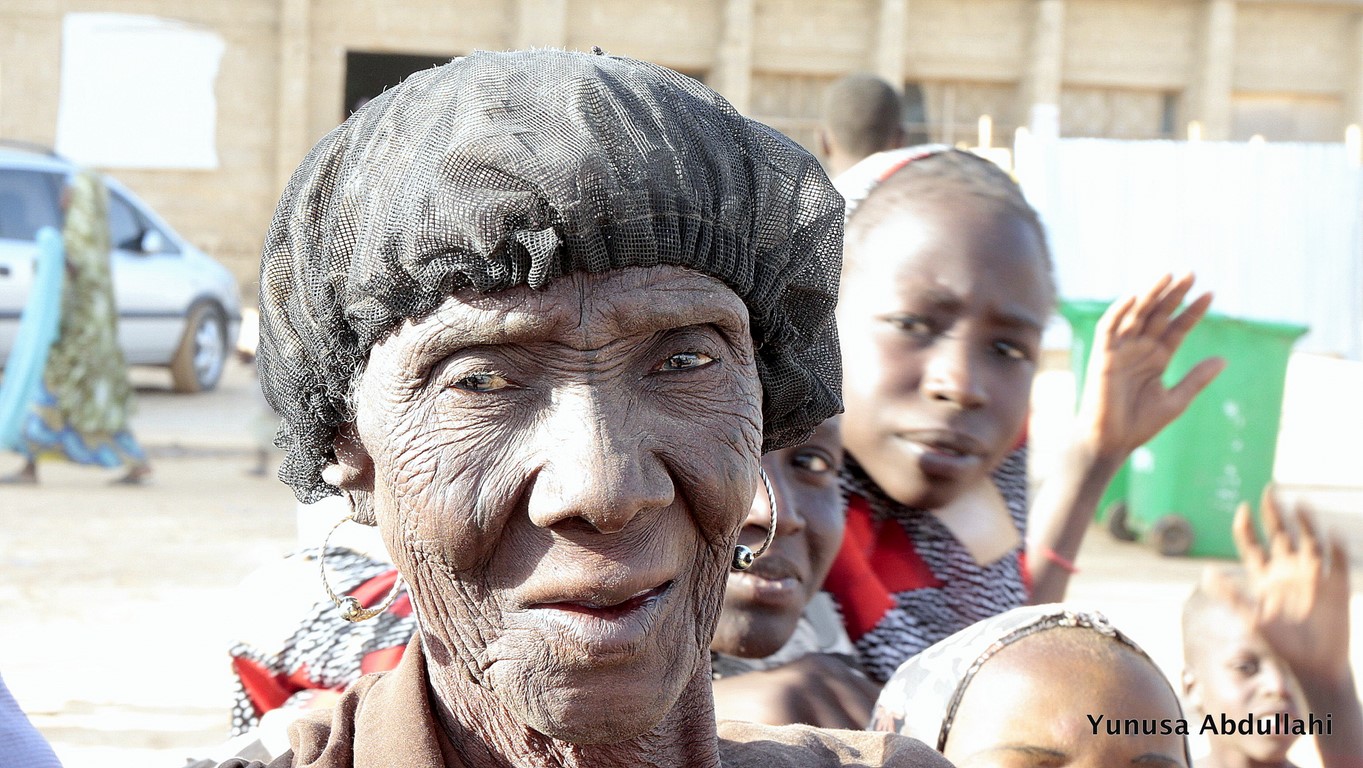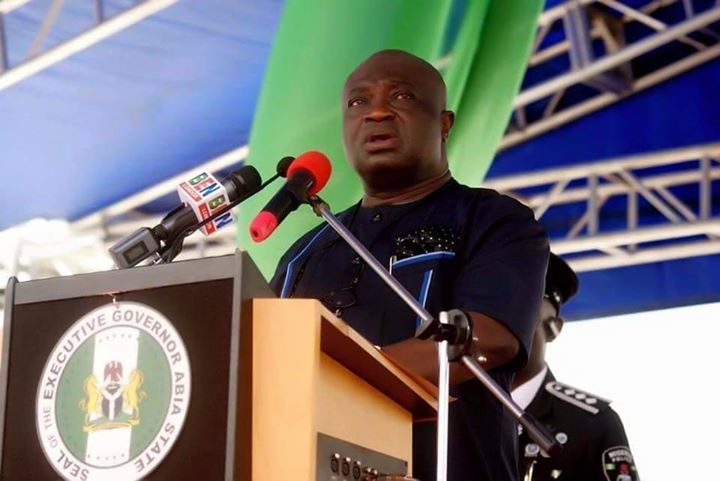Jonathan at NSE
Year 2015 was indeed a terrific year for business in Nigeria. In some quarters, it is believed to be the worst year to be a financial journalist since 2008 global economic recession.
The economy was full of ups and downs, the decisions came slow and steady, fast and hard. From MTN to NCC, to treasure single account (TSA), there were a lot of pressing issues throughout the year.
Here are ten top notable business events for 2015:
NAIRA HIT 42-YEAR-LOW
Advertisement
After devaluing and shifting the naira band from N155 to N168 against the dollar in November 2014, the Central bank of Nigeria kept struggling to keep the national currency around N168, with the market price dancing towards N200.
The CBN explored what it called de facto devaluation of the naira, shifting the band further to N198 and shutting sales of the dollars via the RDAs and WDAs window, limiting it sales to the interbank market and the Bureau De Change (BDC).
As the CBN continued depleting foreign reserves on defending the naira, the gap between the official and parallel market rate of the naira grew wider, with experts calling for devaluation.
Advertisement
By November 2015, the naira fell to its lowest point in 42-years, trading at N260 to the dollar. It has since seen worse days.
TSA
President Muhammadu Buhari may not have been fantastic economically for2015, but the TSA he implemented in record time is sure a medal to his breast.
The TSA, which the PDP claims was instituted under former president Goodluck Jonathan, has seen the government put all its money in one account.
Traditional wisdom has it that a man should not put all his eggs in one basket, but with TSA, the story is different. That one basket is sure to drive efficiency in the monitoring of government funds.
Advertisement
MTN FINE
On October 26, 2015, news broke that the Nigerian Communications Commission (NCC) slammed a fine of N1.04 trillion on Nigeria’s biggest telecommunications operator, MTN, following its failure to disconnect 5.1 million unregistered lines.
The fine was debated for the rest of the year, with MTN Nigeria heading to court with a strong delegation of seven senior advocates, after the fine was reduced to N780 billion.
This NCC-MTN face off is sure to also be an highlight in 2016. Watch out.
Advertisement
THE DANGOTE DECISIONS
Dangote means a lot to Nigeria. First, he is the richest man in the country. He is also touted as the largest employer of labour in the Nigerian private sector.
In 2015, he was particularly in the news for his decisions to build the largest private refinery in Nigeria, to run about 18 cement factories in Africa, his resignation from Dangote Flour Mills and his wrongly reported hostage taking in Radison Blu Hotel, Bamako, Mali.
Advertisement
Dangote, who has had a tremendous impact on the Nigerian economy for many years, met with the United Nations Secretary General, Ban Ki Moon to chart a way forward for Nigeria and Africa, in the face of global warming.
According to Forbes Magazine, Dangote lost about a trillion naira in 2015 to remain the richest man in Africa. He would for long be a force to reckon in the Nigerian business sphere in 2016.
Advertisement
A DROP OF OIL
A drop of oil is enough to rattle the face of water, any day any time. Such was the story for Nigeria in 2015, as the drop in crude oil prices consistently rattled our economy and revenue generating strength.
Advertisement
The oil prices forced Nigeria to benchmark its 2016 budget at $38 per barrel in 2016. The year opened with a crude oil price well above $50 but closed around $30.
OANDO LOSSES
Year 2015 was a terrific one for Oando PLC, one of Nigeria’s indigenous oil companies, which recorded a minimum of 131 percent increase in loss, amounting to N183.9 billion.
The figures were actually for the 2014 fiscal year, but was so bad that Oando published them over six months after the deadline for submission of financial reports by the NSE, breaking the stock exchange records.
Wale Tinubu, group chief executive of Oando Plc, who spoke to the report, blamed the record loss on falling crude oil prices and the weakness on the naira.
BULLHARI NSE
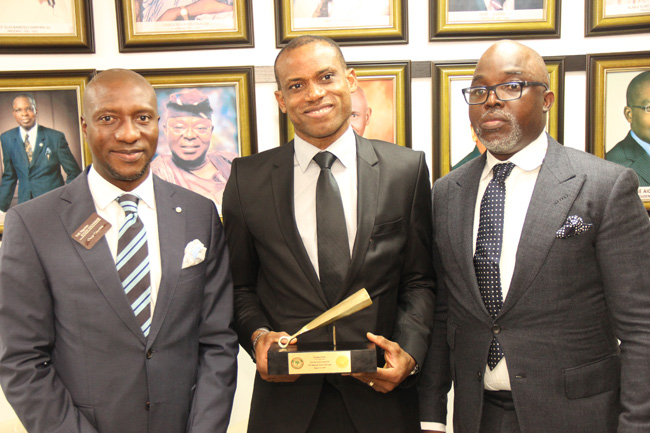
After the election victory of President Muhammadu Buhari, the NSE had a surge in stocks as the market gained over 4.6 percent in less than a week. The NSE went on a bullish rally, breaking numerous records.
A few months later, the stocks went on a plunging ride with Buhari’s failure to show a definite economic direction.
As at December 31, when the market closed for the year, the NSE market cap lost N3.4 trillion in 12 months.
No matter how bad the year was for the NSE, the bourse brought notable Nigerians to help bring some attention to its dealings. Notable among them were former president Goodluck Jonathan, super eagles coach, Sunday Oliseh and nollywood queen, Omotola Jalade-Ekeinde.
NNPC REFORMS
The Nigerian National Petroleum Corporation (NNPC) was a place being heard and not seen, it lacked all form of transparency and was seen as the most opaque sector in the Nigerian system.
That narrative however, now sits in the past, as the corporation kicked off processes to open its books to the public to see how well the corporation has done on a monthly basis.
The NNPC report, instituted by Ibe Kachikwu, the group managing director, has shown Nigerians the truth state of the corporation’s books.
Despite recording losses due to pipeline vandalism, inefficient refineries and subsidy claims, the NNPC has kept its books all open for the Nigerian people.
Other reforms have also been employed, the most important being the “technical” removal of petroleum subsidies.
KEMI ADEOSUN
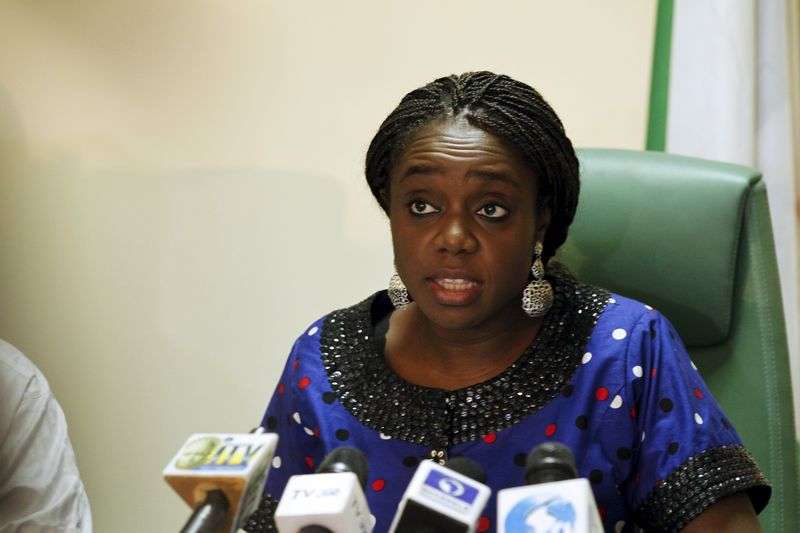
From here gentle corner in Ogun state book keeping business, Kemi Adeosun was chosen to run the country’s finances and probably dictate the policy direction foreign investors and Nigerians alike have been yearning for.
Though British newspaper, The Economist, said she is poorly qualified to run the country finances, the UK-Nigerian citizen has made it clear that government spending would no longer be business as usual.
While inaugurating the efficiency unit, a working committee to see to accurate spending of government funds, Adeosun told civil servants that stealing is now corruption in Nigeria.
The country expects her office and other similar agencies working with her, to generate at least N1.5 trillion for funding 2015 appropriation bill.
A lot of what happens to business in Nigeria by 2016 would rest on the shoulders of this 48-year-old professional.
Add a comment

